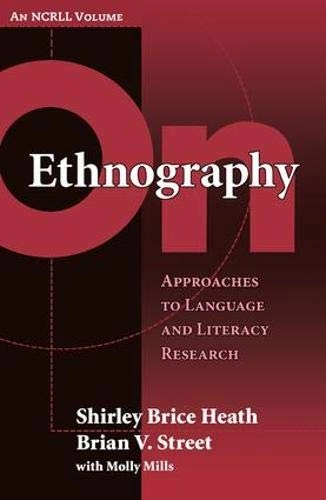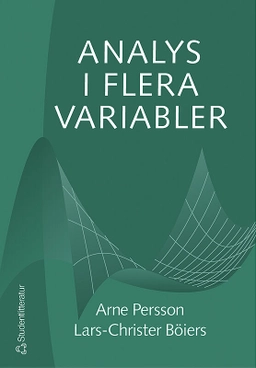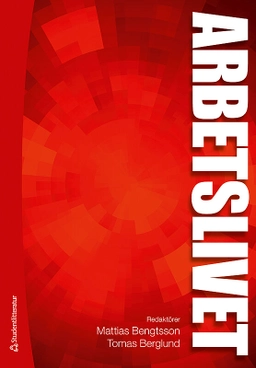"The authors’ broad experience and examples from their work illustrate sound theoretical advice. This book is sure to become required reading for research courses." - Judy Kalman, Centro de Investigación y Estudios Avanzados del IPN, Mexico City
"Heath and Street provide an invitation to ethnography that is intimate to researchers and to the lives of the people researched ... They provide clear discussions of research practices and frame ethnography as theory-building inquiry about the nature of language, literacy, social practices, and knowledge." - David Bloome, The Ohio State University, USA
"This remarkable collaboration between Shirley Brice Heath and Brian Street, two of the world's most eminent literacy researchers, will provide a turning point for literacy research and prove essential for established researchers, as well as for those undertaking their first research studies." - David Barton, Lancaster University, UK
The authors weave together narratives of practice and theory that draw on their own field work and that of a novice ethnographer. Their stories take us outside the usual progression of how-to-do-ethnography that moves from research question to data collection and analysis to publication. Readers learn of the motivations and mishaps behind the authors’ own classic ethnographic studies of language, multimodal literacies, and community practices. The authors use their stories to illustrate the power of curiosity, connection, and continuity in ethnographic pursuits. Keeping language and literacy at the center of attention, this volume offers practical ways for ethnographers to sustain their attention to a constant comparative perspective and to patterns of co-occurrence in language structures, uses, and values. Appropriate for new and experienced researchers, this readable volume:
Illustrates three primary learning environments for the work of ethnographers: self-directed learning, informal communities of learners, and instructional settings within formal education.
Stresses that "doing ethnography" involves engagement with public life and cannot be separated out as an academic activity.
Includes examples of ethnographic studies in Australia, Iran, South Africa, the United Kingdom, and the United States.
Åtkomstkoder och digitalt tilläggsmaterial garanteras inte med begagnade böcker





















